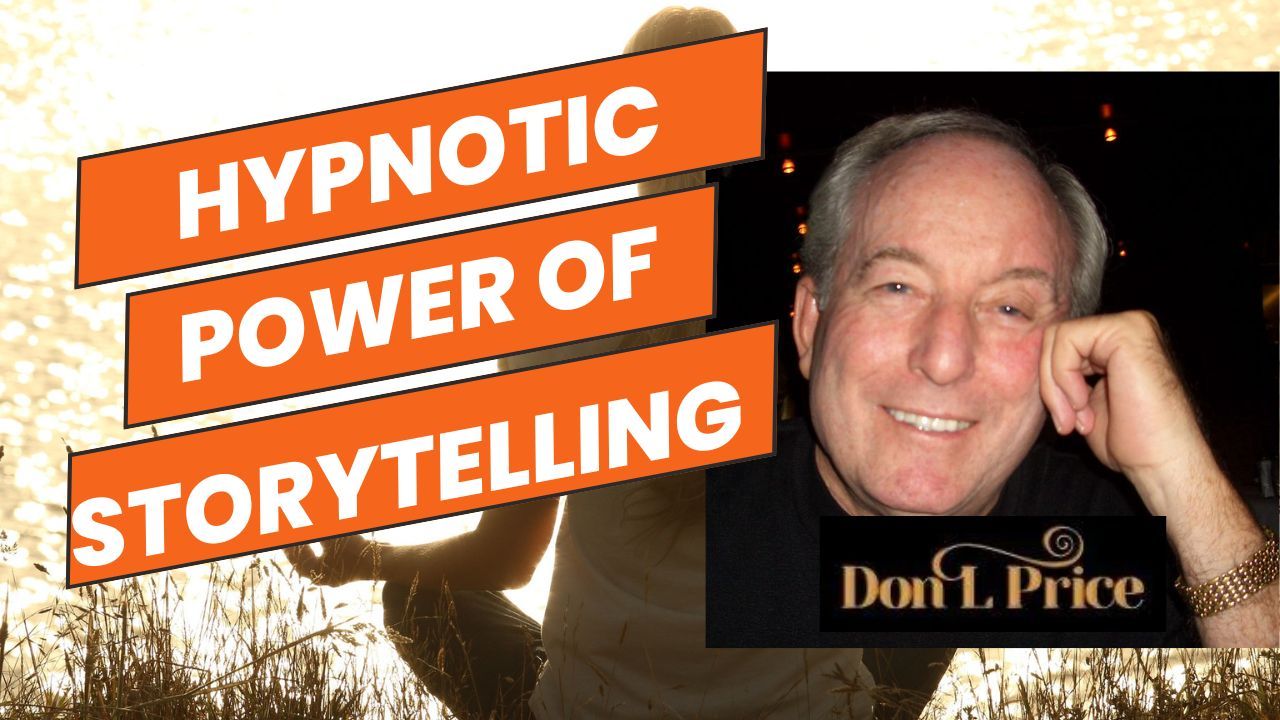Understanding Epigenetics: The Keys to Unlocking Your Genetic Code
Have you ever heard of the field of epigenetics? This is an area of study that has become increasingly popular in recent years, as scientists and researchers have discovered just how much our environment can impact our genetics.

The Basics of Epigenetics
Epigenetics can be defined as changes in gene expression that do not involve alterations to the underlying DNA sequence. This means that even though you may have certain genes that predispose you to certain conditions or traits, your environment and lifestyle can actually influence how those genes are expressed.
For students who are interested in pursuing a career in genetics, epigenetics is a topic that is definitely worth exploring. Understanding the epigenetic factors that can impact our health and well-being can help us make more informed choices about our lifestyle and environment, and may even have implications for future treatments or medical interventions. In this blog post, we will dive into the world of epigenetics and explore what it means for your health and wellness.
To understand epigenetics, it’s helpful to first understand a bit about genetics. Our DNA is comprised of a series of genes, which determine things like our eye color, height, and other physical characteristics. But not all genes are created equal – some genes may increase our risk for certain diseases or conditions, while others may protect us. Epigenetics refers to changes in gene expression that can occur due to factors like our environment, lifestyle, or even the aging process. These changes can alter the way in which certain genes are activated or suppressed, which in turn can impact our health and wellness.
Environmental Factors and Epigenetics
One of the most fascinating aspects of epigenetics is the way that our environment can impact our genes. For example, research has shown that exposure to certain toxins or chemicals, such as tobacco smoke or air pollution, can alter gene expression and increase our risk for certain diseases like cancer. Similarly, our diet and exercise habits can also impact our epigenetics. For example, a diet high in refined sugars and fats has been shown to impact gene expression patterns in a way that may contribute to inflammation and disease. Exercise, on the other hand, has been shown to have positive epigenetic effects, potentially reducing inflammation and improving overall health.
Epigenetics and Mental Health
While much of the research on epigenetics has focused on physical health outcomes, there is also growing interest in the role that epigenetics may play in mental health. For example, research has shown that early life experiences, such as childhood trauma, can alter gene expression patterns in a way that increases our risk for mental health conditions like depression and anxiety. Similarly, research has shown that certain environmental factors, such as stress or lack of social support, can also impact our epigenetics and increase our risk for mental health conditions.
One of the most exciting aspects of epigenetics is the potential for future treatments or interventions. While we are still only beginning to scratch the surface of what epigenetics can tell us about our health, there is a growing interest in harnessing this information to improve patient outcomes. For example, researchers are exploring the potential for epigenetic therapies to treat certain types of cancer or other diseases. By better understanding the epigenetic factors that contribute to disease, we may be able to develop more targeted, effective treatments in the future.
Conclusion:
Epigenetics is a fascinating and rapidly evolving field of study that has the potential to revolutionize the way we think about health and wellness. For students interested in genetics or those seeking to improve their own health outcomes, understanding the ways in which our environment can impact our genes is key. By taking steps to prioritize healthy habits like exercise, healthy eating, and stress management, we can potentially improve our epigenetics and reduce our risk for certain diseases. Additionally, as more research is conducted in this field, we may see the development of new treatments or therapies that harness the power of epigenetics to improve patient outcomes. Overall, understanding the impact of epigenetics on our health and wellness is an important step towards unlocking the full potential of our genetic code.
Here is a brief overview of epigenetics: Its role in life. A synopsis to the above article.
Epigenetics refers to changes in gene expression that do not involve alterations to the underlying DNA sequence. Epigenetics is "on top of" or "in addition to" genetics.
- Epigenetic changes involve DNA methylation and histone modifications that influence how genes are expressed. These changes can turn genes on or off.
- Environmental factors like diet, stress, toxic exposures, lifestyle choices, and more drive epigenetic changes. Experiences and environmental exposures can leave epigenetic marks that affect our genes.
- Epigenetic marks can be inherited through cell division as cells reproduce. They also may be passed from parent to child. Which helps explain how environmental factors can influence disease risk across generations.
- Epigenetics is crucial in normal development, cellular differentiation, and cancer-related diseases. Abnormal epigenetic marks have been found in many different conditions.
- Epigenetic changes are generally reversible and dynamic in response to changing environmental conditions, which offers hope for potential prevention or treatment strategies through lifestyle and other interventions.
- Continued research is helping us better understand how epigenetics influences our health and gene expression patterns in response to the world around us from conception throughout the lifespan. It is one mechanism connecting our genes and environment.
In summary, epigenetics involves environmentally-driven gene expression changes that may not alter DNA but can be passed on. It explains how lifetime experiences get under our skin. Research continues to expand our knowledge in this area.
Paragraph
Author Don L Price
You’re Welcome to Review Me on Google
Please take the time to comment on this post. Your voice matters to us, and we eagerly await your thoughts
Share Away in the Comment Section Below Now!
Manifesting—The Art of Consciously Creating What You Desire!







Schedule A Free Video Consultation & Strategy Session
Contact
Hours
Mon - Thu 10:00 am - 7:00 pm
Friday 10:00 am - 6:00 pm
Saturday 10:00 am - 4:00 pm
Don L Price - Hypnotherapy and Mindset Coach





